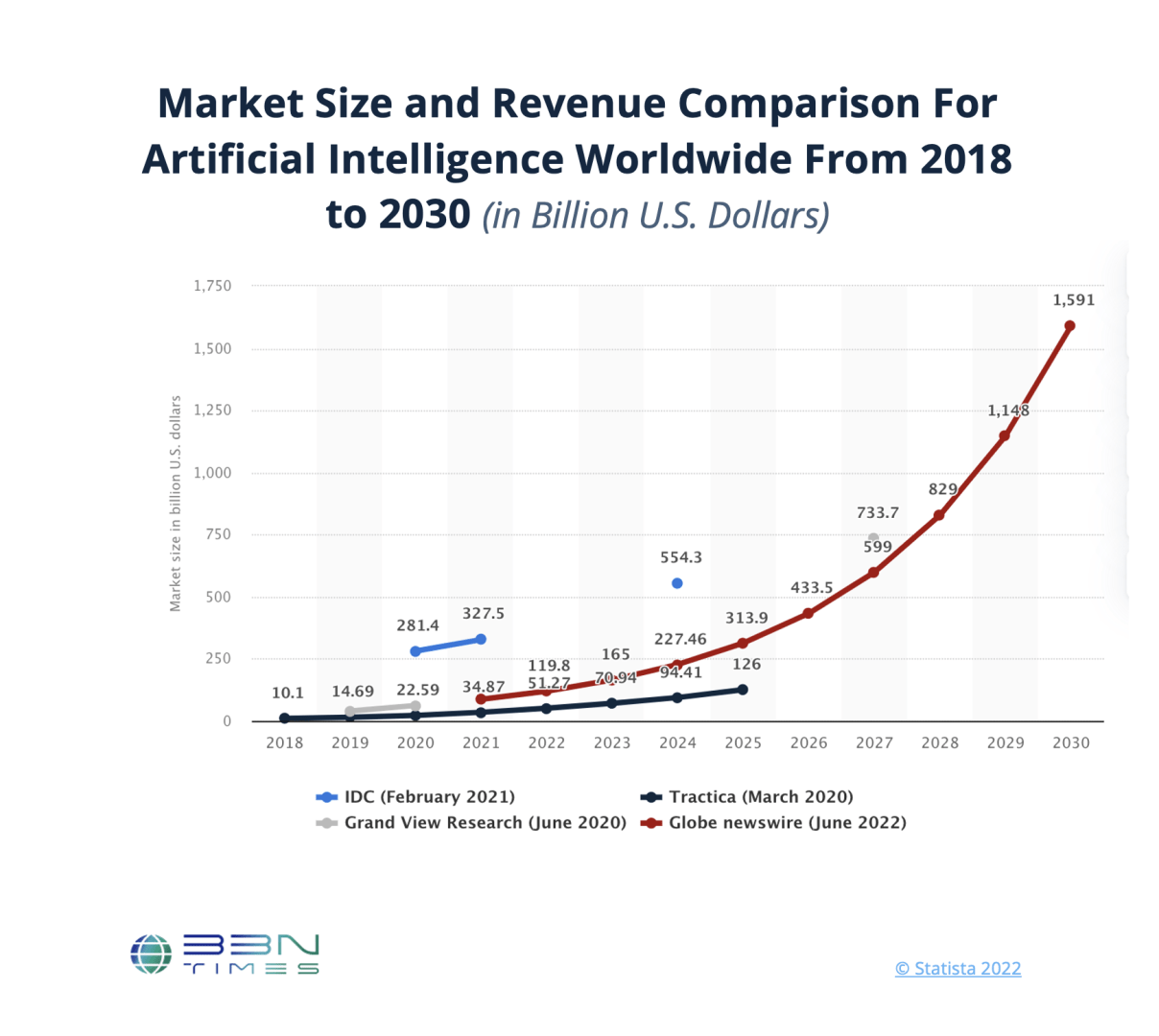
Five Rules for Fixing Artificial Intelligence in Business
Artificial intelligence (AI) provides thorough data analysis, automates business processes, and engages with customers and employees.
The adoption of AI has been particularly widespread in the business world. From workflow management to trend predictions, AI has numerous use cases.

Sometimes, I feel like companies view AI the same way, like they are hedging their bets and maybe even expecting defeat.
Today I want you to weigh in. Speak the truth. Share your views. Get real. Why do you think that, according to a study by BCG (Boston Consulting Group), only one in 10 companies have found success with AI?
Seems like we should have better odds than that.
Not one to leave anything on the table, I contend we’re asking the wrong question. Don’t start with the tech, start with the business.
This is where the 10-20-70 formula comes in. BCG explains in “5 Rules for Fixing AI in Business”:
++10% of the effort will lie in building an adequate AI model.
++20% will involve high-quality data.
++70% will focus on developing new business processes or transforming the way business functions operate.
Are you surprised that business drives 70% of an AI initiative? I was and I wasn’t. Many of us tend to think technology is driving us forward. With AI, it’s about the business accelerating forward using technology. This shift changes everything and ultimately leads to growing your enterprise.
Here’s a quick look at the five rules to fix AI – and my interpretations so you can go from struggle to scaling:
RULE #1: Match AI outcomes to business-related outcomes – expect big results.
RULE #2: Use external data to amplify business impact – go beyond your four walls.
RULE #3: Break down the AI model into achievable parts – don’t drive yourself crazy.
RULE #4: Machine learning should lead to business decisions – action creates clarity.
RULE #5: Avoid “meh” machine-learning outcomes – plan for the unexpected future.
Now, let’s dig a little deeper with this fun poll.
QUESTION: Should AI be applied to different business functions (marketing, human resources, financial, etc.)?
-
Yes, absolutely!
-
Not yet, AI is too new.
-
Definitely no.
Trending
-
1 Jocko Willink's Inspirational Life & Net Worth
Aaqil Ashraf -
2 How Art Shapes Culture and Reflects Human Experience
Luke Fitzpatrick -
3 Meet Felix Williams and Maria Arthuer: The Parents of World Class Winger Nico Williams
Felix Yim -
4 Kai Cenat's Dad and the Enduring Public Interest
Aaqil Ashraf -
5 London Tube Stations Closed as Workers Stage Strikes
Mihir Gadhvi





Comments